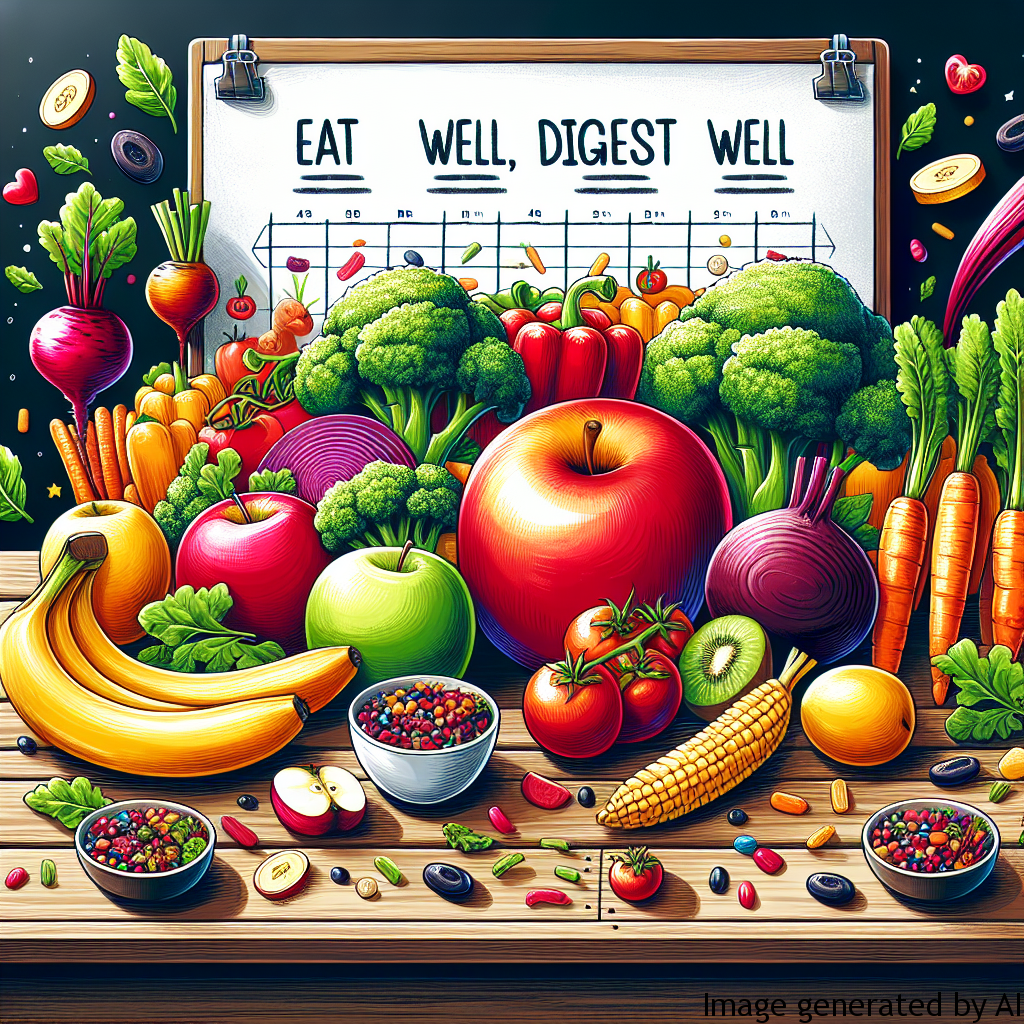Introduction
Proper nutrition forms the foundation of overall health, influencing everything from energy levels to mood. One essential aspect that gets significantly impacted by our dietary choices is the digestive system. A diet loaded with fiber, lean proteins, healthy fats, and diverse nutrients can keep your digestive system running smoothly, improving your body’s ability to absorb nutrients and mitigate various health issues. This article explores the role of nutrition in promoting better digestion.
Understanding Digestion
The Process of Digestion
Digestion is the body’s way of breaking down food into nutrients, which it uses for energy, growth, and cell repair. This process starts in the mouth and finishes in the small intestine, involving various organs, such as the stomach and the liver. To perform efficiently, the digestive system requires specific dietary elements.
The Role of Nutrition
Nutrition significantly influences digestion. A well-rounded diet provides the array of nutrients necessary to maintain the health and functioning of the digestive tract. However, certain foods, such as high fiber foods and probiotics, directly assist the digestive process by helping break down food substances and enhancing gut health.
Examples of Digestive-Friendly Foods
Several foods can significantly boost your digestive health. Whole grains contain plentiful fiber that assists in bowel movement and reduces the risk of gut problems. Probiotic-rich foods like yogurt enhance gut flora, aiding digestion. Lean proteins like chicken, turkey, and tofu are easier to digest than their high-fat counterparts. Healthy fats, like those from avocados and nuts, treat constipation by helping food move through your digestive system. Fruits and vegetables add fiber, water, and enzymes that help digestion.
Tips for Improving Digestion through Nutrition
- Eat a high fiber diet: Consuming a diet high in fiber can significantly improve digestion by adding bulk to your stool and preventing constipation.
- Stay hydrated: Water aids in dissolving fats and soluble fiber, allowing these substances to pass more comfortably through your system.
- Include probiotics in your diet: Probiotics are good bacteria that help maintain a healthy balance in your gut, aiding digestion and preventing digestive problems.
- Avoid foods that upset your stomach: Some individuals might find certain foods (like dairy or gluten) harder to digest. Identify and avoid such foods if they give you discomfort.
Conclusion
Good nutrition significantly contributes to maintaining a healthy digestive system. Including fiber-rich foods, lean proteins, healthy fats, probiotics, and sufficient water in your diet can make a world of difference in improving digestion. Simultaneously, identifying and avoiding foods that cause discomfort aids the digestive process. Remember, a healthy digestive system not only improves nutrient absorption but also plays a crucial role in overall well-being.

